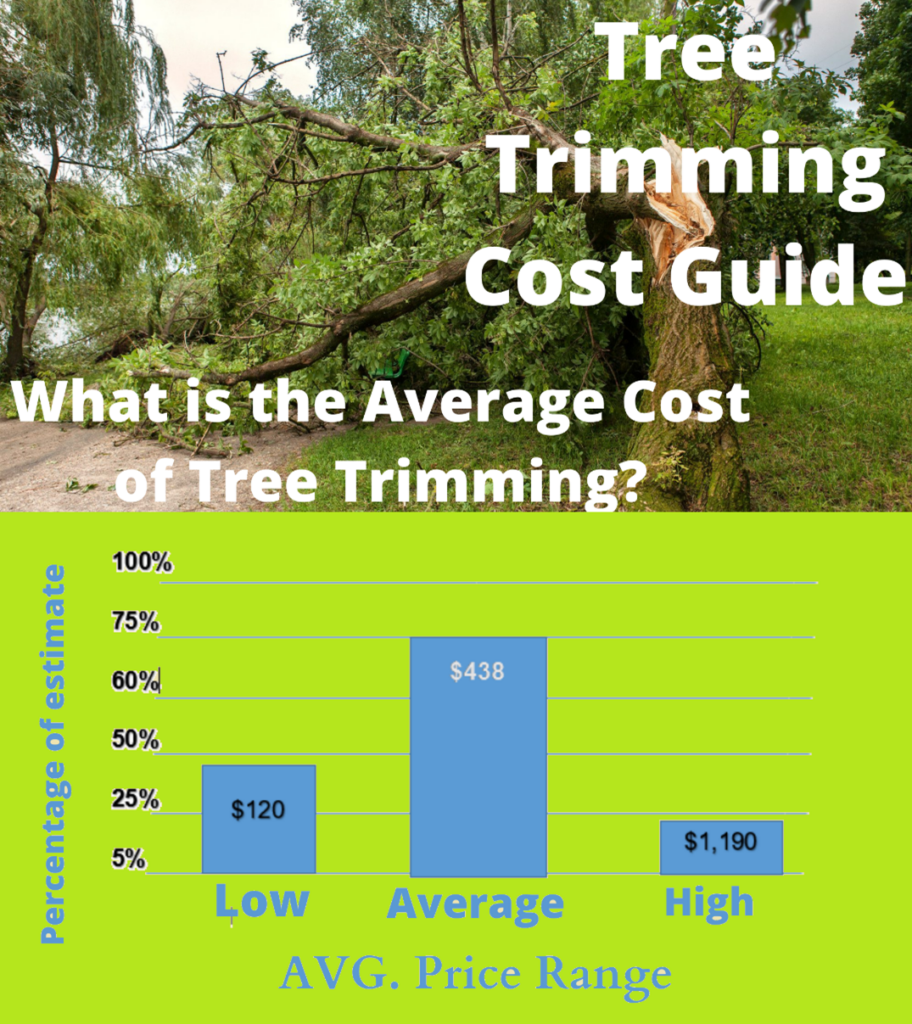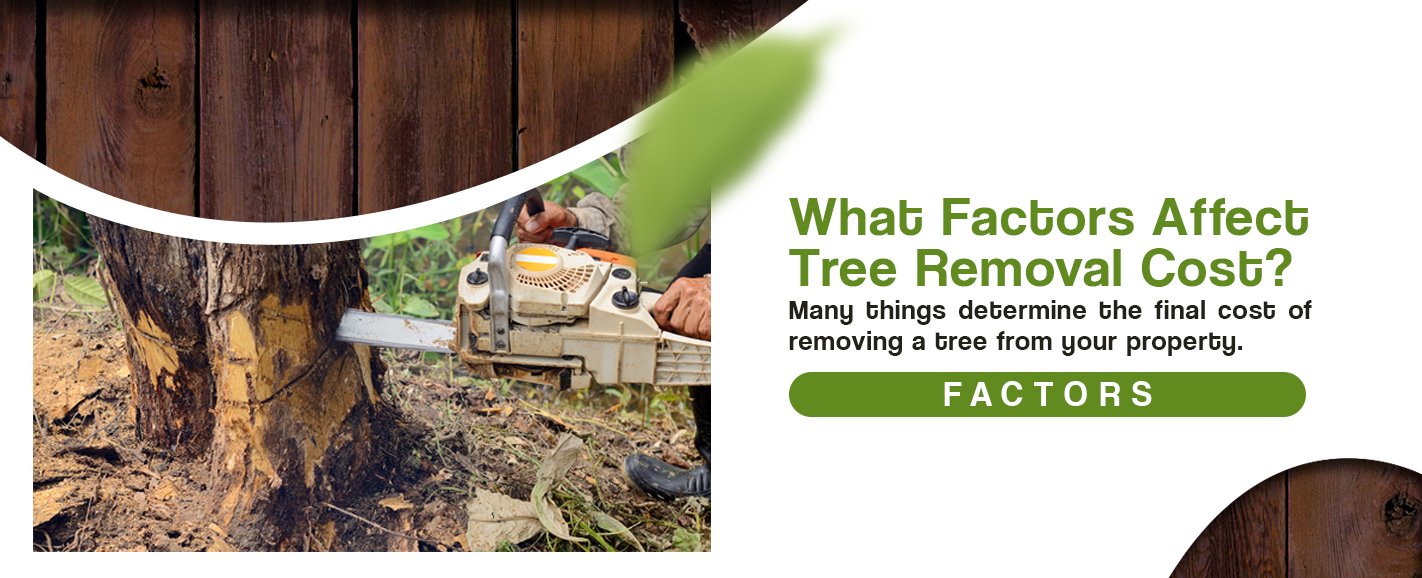Featured
Table of Contents
- – 5-Star Tree Clearing Reviews In Lancaster, OH
- – Why Are Lancaster, OH Tree Trimming Expensive?
- – Residential Tree Service Costs In Lancaster, OH
- – Lancaster, OH Tree Service Cost Analysis
- – Free Tree Cutting Quotes In Lancaster, OH
- – Lancaster, OH Tree Removal Cost Estimate For ...
- – Commercial Tree Removal Costs In Lancaster, OH
- – Premium Tree Cutting Packages In Lancaster, ...
- – Lancaster, OH Stump Removal Cost Calculator
- – Independent vs Chain Tree Cutting Costs In L...
- – Tree Clearing Pricing In Lancaster, OH
- – Multi-Unit Stump Removal Costs In Lancaster,...
- – Best Affordable Arborist In Lancaster, OH
- – Lancaster, OH Stump Grinding Price Analysis
- – Local Pricing For Arborist In Lancaster, OH

The subsections listed below provide more detailed information about rates, including an average variety for each. TypeAverage Elimination CostPineConiferPalmMagnoliaArborvitaeAshCedarSweet GumEucalyptusSycamoreCypressOakMaplePoplar You can expect to pay in between to remove a pine, depending upon its size. Removing a pine is one of the more budget friendly jobs unless it is one that has been around for years and is quite big.
5-Star Tree Clearing Reviews In Lancaster, OH
Pines likewise have a tap root that grows deep into the soil, which can prove to be harder to eliminate. The procedure itself involves a professional cutting the tree, clearing the base, cutting the surface roots, eliminating the stump, and finally dealing with the soil. Without a professional hand, you run the risk of leaving pine seedlings behind, which will fall from the roots of distressed pines.
Why Are Lancaster, OH Tree Trimming Expensive?
The U.S. national average for conifer removal is around to have the conifer reduced, hauled away, and the stump ground or eliminated totally. Conifers are normally easier to get rid of, and despite the fact that they can grow rather high, they do not cost a fortune to eliminate. Conifers include pine, spruce, fir, and juniper trees.
Residential Tree Service Costs In Lancaster, OH
While conifers are gorgeous, they eliminate native plants and particular types of turf. This is due to the fact that they require a great deal of water and nutrients to make it through, so they seep it off surrounding plants. They also have an expansive network of roots, which can impact your home's foundation. The average cost of palm elimination depends on the height as much as the type, varying from.
Lancaster, OH Tree Service Cost Analysis
That is why it is very important to understand which type you are getting rid of. While you do not need an herbicide to kill a palm tree, there are some steps your elimination professional will need to require to ensure the job is done properly. There are two ways they can get rid of them: by chopping them down or digging them up.
Free Tree Cutting Quotes In Lancaster, OH
This is due to the fact that small animals like rats and scorpions frequently reside in them. Plus, lots of types will have spikes, too. From there, they get rid of the actual tree and then the stump. Expect to pay in between to remove this type of tree, depending on the precise size and information of the task.
Lancaster, OH Tree Removal Cost Estimate For Homeowners
There are three types: green, white, and black ash. White ash is known for its lots of colors. With its gray-tinged bark, its leaves are green or purple in the spring and golden yellow or purplish-red in the fall. They delight in moderate climates and lots of sun. The green ash is named such due to its green or yellow foliage.
Commercial Tree Removal Costs In Lancaster, OH

Due to the variation in height, the elimination price variation is broad from. A coniferous, evergreen tree, the cedar is a durable types.
Premium Tree Cutting Packages In Lancaster, OH: Pricing
The development of incorrect cedars differs from 50 feet up to 230 feet high. With star-shaped leaves and stunning fall colors, the sweet gum is thought about a medium to large tree.
Lancaster, OH Stump Removal Cost Calculator
It has a huge root base of 40 to 50 feet, which impacts the elimination cost. Generally, it costs in between to get rid of a eucalyptus. Eucalyptus are not typical everywhere, but they are rather big compared to others, which is why even the smaller ones are so costly to eliminate. Initially from Australia, eucalyptus are invasive plants that grow in thick groves that get native plants.
Independent vs Chain Tree Cutting Costs In Lancaster, OH
There are a handful of methods to do this, consisting of burning, pulling, grinding, or eliminating them with herbicide. Anticipate to pay between to get rid of sycamores, based on the height, trunk size, and quantity of work involved. Sycamores are one of the biggest wood trees, typically varying from 60 to 100 feet tall and as broad as 15 feet.
Tree Clearing Pricing In Lancaster, OH
The first two actions will expose the insides of the tree and cut off the flow of nutrients up the trunk. From there, an expert uses herbicide to kill the tree and reduce the trunk. They will eliminate the stump. Otherwise, new sprouts might grow from it. Lowering and eliminating a mature cypress might cost as much as.
Multi-Unit Stump Removal Costs In Lancaster, OH
There are several kinds of Cypress trees, but the most widespread are the Leyland, Arizona, Bald, and Italian. The Bald Cypress grows in swampy or very wet areas while the others take pleasure in a dry, warm, or hot environment (tree cutting). They can grow as tall as 80 to 100 feet tall
Best Affordable Arborist In Lancaster, OH

Prone to illness, the Cypress is among the most valued woods for furnishings. The typical oak grows to around 60 feet, and depending on the complexity of the removal, it costs approximately to get rid of. The specific size of your oak and the effort required to fell it impact what you will actually spend for elimination along with any extra services like stump grinding.
Lancaster, OH Stump Grinding Price Analysis
Access to the trees and the roots will also affect the general expense. Maples are typically among the more pricey trees to eliminate because of their size and the work involved in the removal.
Local Pricing For Arborist In Lancaster, OH
Growing as high as 90 to 115 feet, these massive timbers are primarily discovered in North America and include the aspen, cottonwood, and balsam trees. The procedure to eliminate trees involves all the cutting and cutting of the branches and trunk, bringing it down to a stump.
Table of Contents
- – 5-Star Tree Clearing Reviews In Lancaster, OH
- – Why Are Lancaster, OH Tree Trimming Expensive?
- – Residential Tree Service Costs In Lancaster, OH
- – Lancaster, OH Tree Service Cost Analysis
- – Free Tree Cutting Quotes In Lancaster, OH
- – Lancaster, OH Tree Removal Cost Estimate For ...
- – Commercial Tree Removal Costs In Lancaster, OH
- – Premium Tree Cutting Packages In Lancaster, ...
- – Lancaster, OH Stump Removal Cost Calculator
- – Independent vs Chain Tree Cutting Costs In L...
- – Tree Clearing Pricing In Lancaster, OH
- – Multi-Unit Stump Removal Costs In Lancaster,...
- – Best Affordable Arborist In Lancaster, OH
- – Lancaster, OH Stump Grinding Price Analysis
- – Local Pricing For Arborist In Lancaster, OH
Latest Posts
Best Time To Hire A Tree Removal In Fircrest, WA
Decoding Stump Removal Estimates In Ashland, OR
Free Stump Removal Quotes In Lancaster, OH
More
Latest Posts
Best Time To Hire A Tree Removal In Fircrest, WA
Decoding Stump Removal Estimates In Ashland, OR
Free Stump Removal Quotes In Lancaster, OH